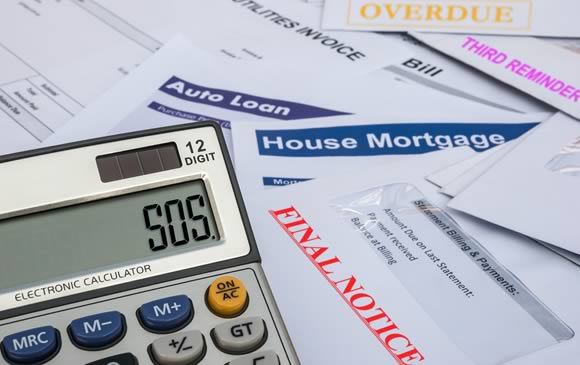Filing for bankruptcy is a stressful process. There are a lot of technical terms being used in the midst of a time that is likely emotionally and mentally exhausting. Understanding these terms ahead of time can help ease some of the stress. One such term is “Debtor in Possession.” The concept may sound strange if you don’t understand it, so it’s important to know what it means when you hear it used.
In this article, we’ll provide an overview of the term “Debtor in Possession.” We’ll look at what it is, how it comes about, what the responsibilities and restrictions of the position are and what that means for someone filing Chapter 11 bankruptcy. Hopefully, this will serve as a good introduction into the concept and help you understand it without being too overwhelming.
What is a Debtor in Possession?

A Debtor in Possession is an individual or company who, after filing for Chapter 11 bankruptcy, maintains control over the company or property. In essence, a Debtor in Possession becomes a trustee, running the company and maintaining the property to the best interest of the creditors. They are allowed to continue “business as usual”, but have to gain court approval before making any decisions that are outside of normal business operations.
A Debtor in Possession must keep meticulous financial records. If the court or creditors find that court orders aren’t being followed adequately or if any assets are mismanaged, the court can terminate the Debtor in Possession from their position and reassign a new trustee. If you find yourself functioning as a Debtor in Possession, the good news is that you maintain control over your business and assets – the tougher news is that you will have to be extremely vigilant if you want to keep that control.
What is Chapter 11 Bankruptcy?
So, a Debtor in Possession comes about after a Chapter 11 bankruptcy filing. What does that entail? Chapter 11 bankruptcy is also known as a “reorganization” bankruptcy. It’s typically filed by companies and corporations that need time to restructure their debts. Chapter 11 is the most complex and typically most expensive form of bankruptcy filing – companies should only take it on if all other options are exhausted.
Chapter 11 bankruptcy will give the debtor a chance to start fresh as long as they fulfill all the requirements made of them under the reorganization plan – the requirements that are laid upon a Debtor in Possession. Many large companies are able to file for Chapter 11 bankruptcy and still keep their corporation afloat – it doesn’t necessarily lead to the shutting down of an organization.
Many creditors are willing to work with companies to restructure their debt, even before taking it to court – since that can be a more cost-effective way to resolve the issue. Renegotiating delinquent debts gives companies a better chance at restoring their financial stability.
Responsibilities of Being a Debtor in Possession
The Department of Justice has detailed guidelines not only for Chapter 11 bankruptcy but also for the responsibilities of a Debtor in Possession. (You can see the full document here.) Debtors in Possession may sometimes acquire financing and loans if it is absolutely necessary in order to keep the company afloat. This can only be done with the consent of creditors and the committee of leadership.
When a company goes through Chapter 11 bankruptcy and a Debtor in Possession is appointed, all bank accounts must be closed and reopened with an approved financial institution. The court and trustees have the right to access all information about the bank accounts, and every account opened must clearly state that it is a Debtor in Possession account. In many cases, the court and trustees will choose to open multiple accounts with the funds therein designated for particular purposes like 401ks, payroll, a general operating account and more, depending on the type of company. Any checks written from these accounts must also state that they are being written by a Debtor in Possession.
All in all, the role of a Debtor in Possession is to keep the business running and maintain highly detailed financial reports for the court.
Conclusion
Serving as a Debtor in Possession can give leadership in a company a chance to turn their company around, even after filing bankruptcy. Though Chapter 11 bankruptcy is expensive and complex, and should only be used after a great deal of analysis and discussion, it can be a good solution if all else fails. It protects a company from liquidation and allows it to keep functioning. For many companies, this is a good alternative – certainly still tricky and with its own potential pitfalls, but better than shutting the company down entirely.

